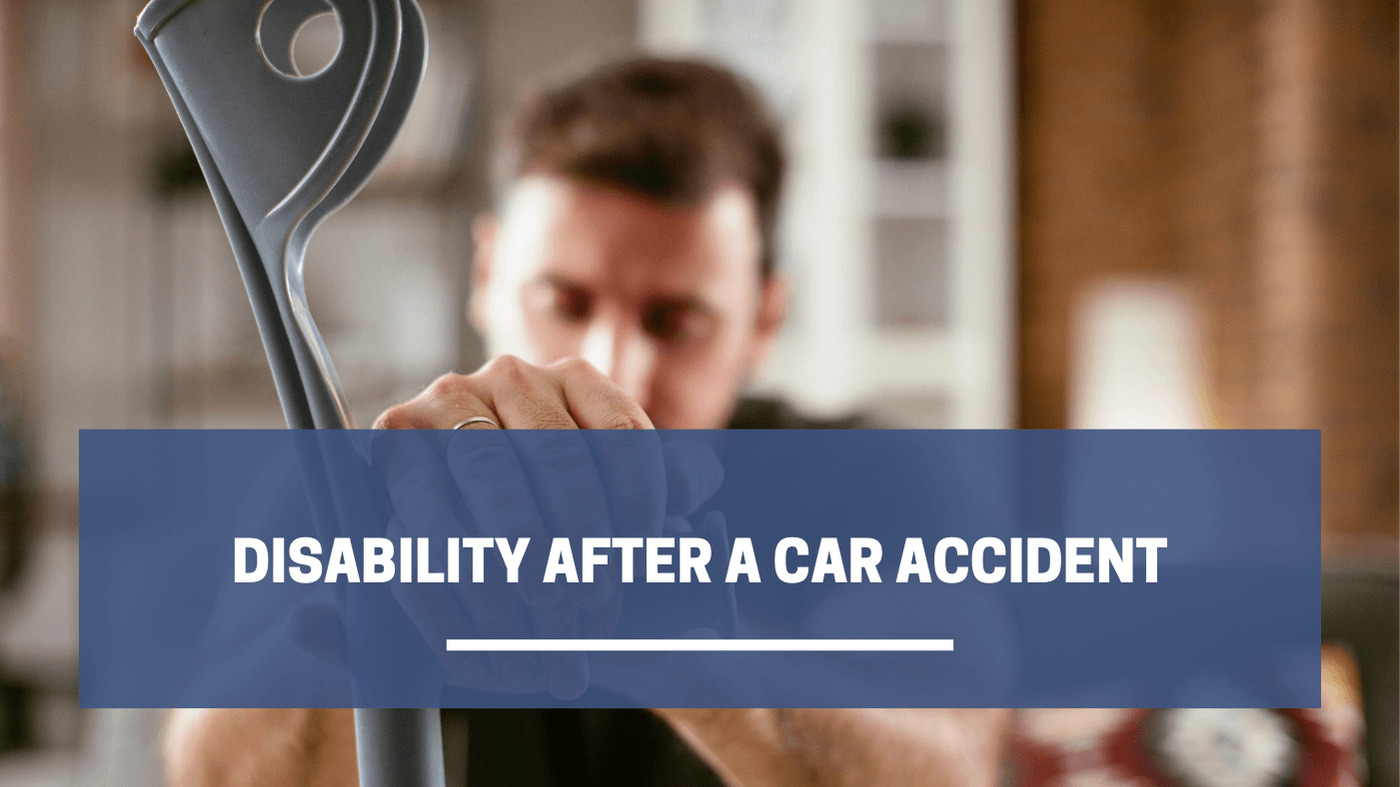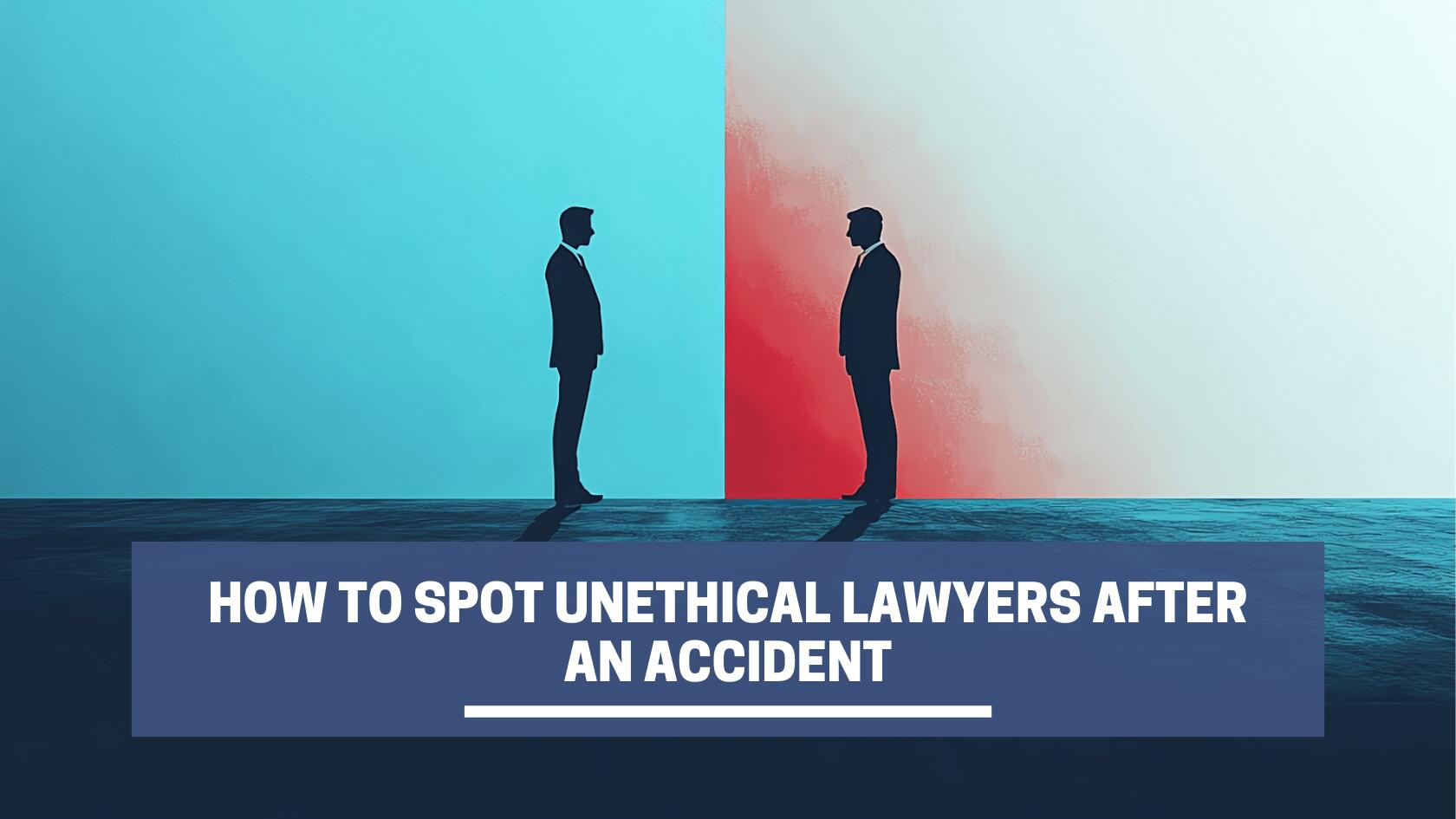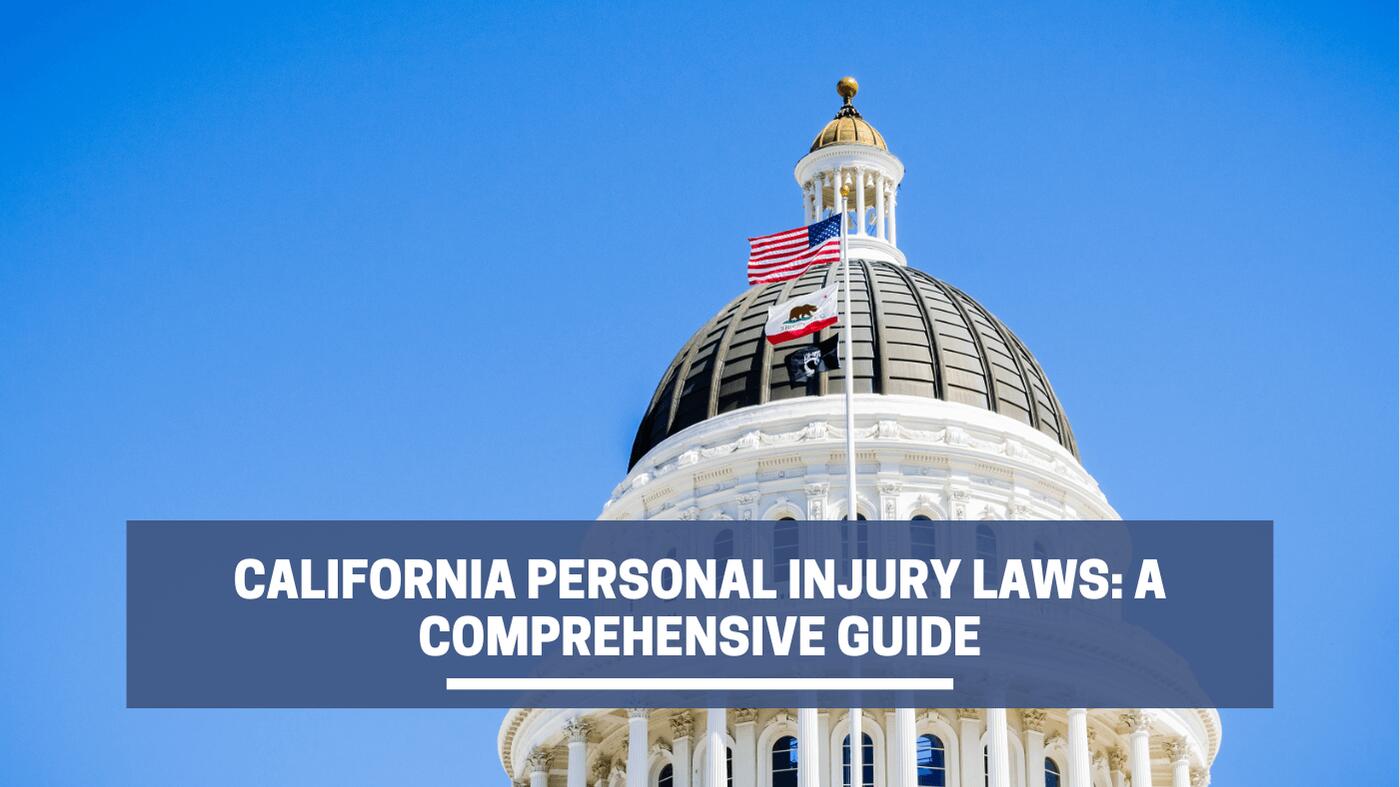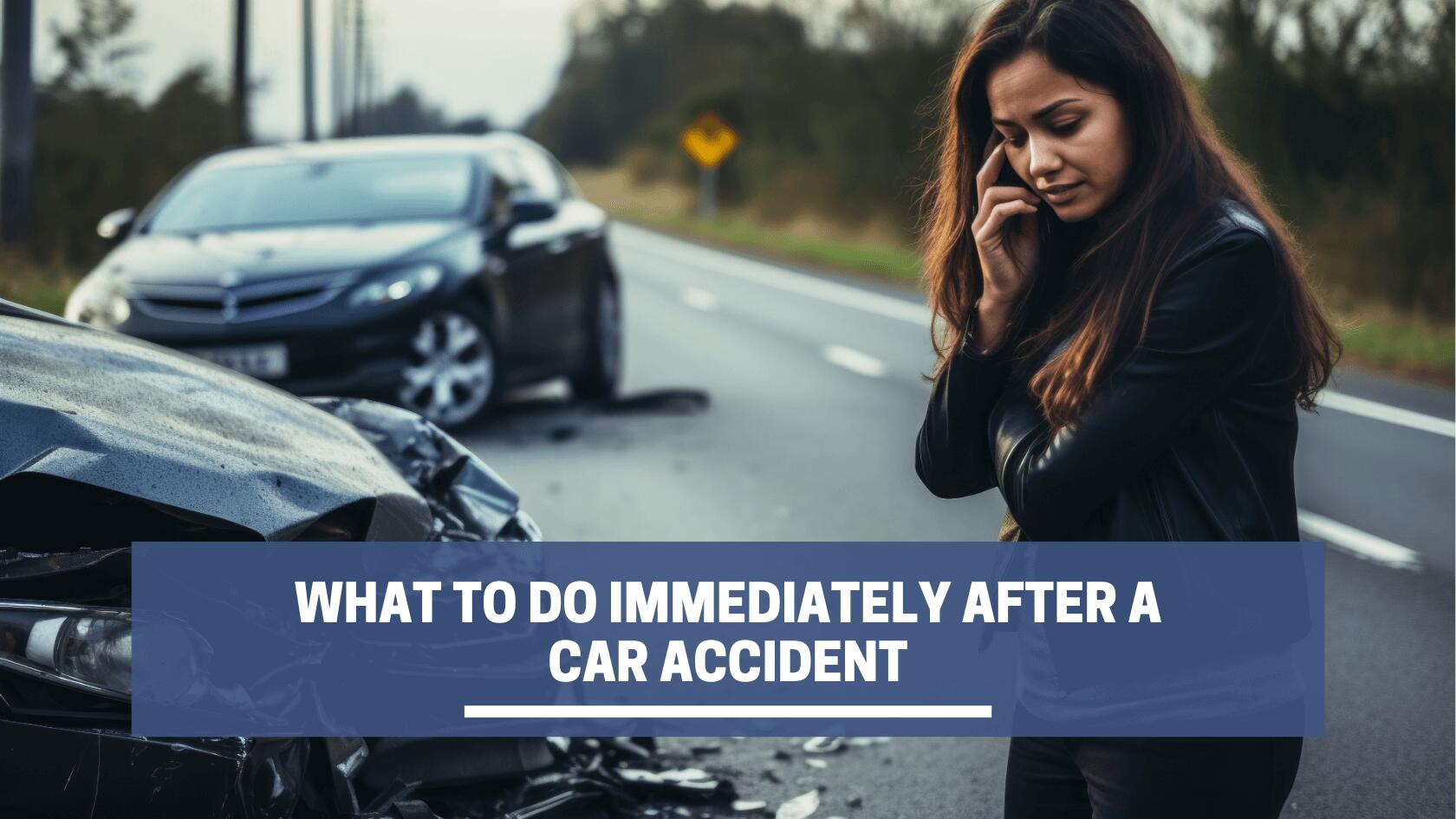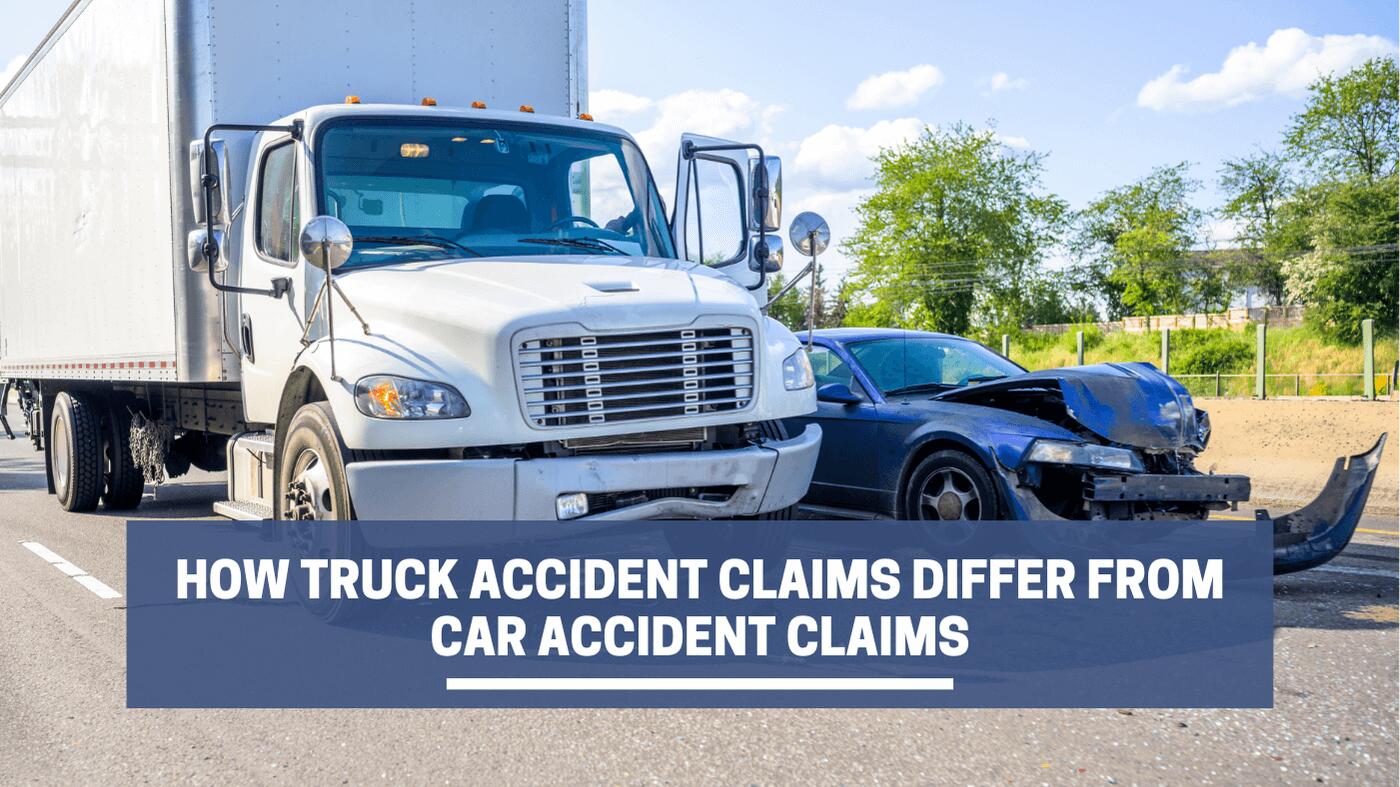Experiencing a disability after a car accident can dramatically change your life, leaving a lasting physical and emotional impact. Disability from car accidents can be temporary or life-long and include injuries such as paralysis, traumatic brain injuries (TBI), and chronic pain.
When you suffer a disability in a crash, you can seek compensation to help you pay for related expenses, such as medical care, assistive devices, and rehabilitation programs. You can also receive benefits from California’s State Disability Insurance (SDI), which pays a portion of your wages for a specific period.
Understanding the different types of disabilities and your settlement options after a vehicle accident can help you receive the compensation you need to rebuild your life.
How a Car Accident Can Cause Disability
According to the California Highway Patrol, there were 187,211 injury crashes in the state in 2019. Many of the injuries suffered in these crashes are debilitating, leading to temporary or permanent disabilities for the victims. Common car crash injuries that cause disability include:
- Spinal cord injuries: SCIs often result in paralysis, limited mobility, and dependence on assistive devices. These limitations can cause challenges with self-care and mobility, requiring lifestyle adjustments.
- Traumatic brain injuries: TBIs can lead to cognitive impairments affecting memory, concentration, and problem-solving skills. This can impact your ability to work, perform daily tasks, and maintain relationships with loved ones.
- Amputations and fractures: Car accidents that result in fractures or amputations can cause mobility issues, chronic pain, difficulty performing physical activities and tasks, and the need for prosthetics or assistive devices.
- Psychological disabilities: Crashes can often lead to psychological conditions that impact daily life. These can include post-traumatic stress disorder, depression, and anxiety, which can interfere with your relationships and quality of life.
Types of Disability After a Collision
Disability suffered after a car accident typically falls into one of four categories: short-term, long-term, partial, or permanent. Each type of disability can have various physical, emotional, and financial impacts on a victim’s daily life.
Short-Term Disability
Short-term or temporary disability after a car accident refers to a condition that is expected to improve over time with medical treatment and rehabilitation. Examples include fractures, sprains, and whiplash, which can temporarily limit mobility and daily activities.
While these short-term disabilities after a car accident may cause physical pain and discomfort, they can also have emotional effects such as frustration and anxiety. Victims may also face financial burdens due to medical expenses and lost wages during the recovery.
Long-Term Disability
Long-term disability after a car accident is a condition resulting in long-lasting effects on an individual’s life. Full or partial paralysis, serious TBIs, and permanent mobility limitations due to amputations may be considered a long-term disability.
Crash victims with long-term disability often suffer major physical challenges and emotional distress that reduce their quality and enjoyment of life. For example, they may be unable to participate in hobbies or activities they once enjoyed, such as golfing or playing an instrument.
Long-term disabilities can also cause financial issues, as victims must pay for ongoing medical treatments, assistive devices, and modifications to their living environment. They may also experience a loss of income or reduced earning capacity.
Partial Disability
Partial disability refers to a permanent but partial loss of physical or cognitive function following a car accident. Examples include conditions where an individual retains some functionality but experiences limitations in certain activities or skills.
For example, if a person sustains a brain injury in a car accident, it may result in hemiparesis, causing weakness or limited movement in one arm or leg on either the left or right side. This partial disability can cause difficulties with balance and coordination, which can limit the victim’s mobility.
These disabilities cause physical challenges and emotional adjustments, reducing employment opportunities and earning capacity. Victims may require accommodations or assistive devices to maintain independence and incur medical and financial expenses to manage their condition.
Permanent Disability
Permanent disability refers to severe and irreversible impairments resulting from an injury. Permanent disability after a car accident can include permanent paralysis, such as quadriplegia or paraplegia, caused by SCIs, or permanent cognitive impairments resulting from severe TBIs.
These disabilities have a profound physical and emotional impact on the victim, often requiring long-term medical care, assistive devices, and major lifestyle adjustments.
For example, if you suffer quadriplegia after a crash, you may need devices such as a wheelchair, adaptive utensils, communication aid, and an electric bed lift after the incident. Quadriplegia can cost between $113,423 and $184,891 per year, depending on the severity of the injury, posing a financial burden for most families.
Compensation Options for Your Accident-Related Disability
If you suffer a disability in a car accident caused by another driver’s negligence, you have several options for helping you pay for related losses and expenses. These include California SDI benefits and working with an attorney to seek a settlement from the other driver’s insurance company.
State Disability Insurance (SDI) Benefits
In California, if you suffer a disability resulting from a car accident, you may be eligible to receive State Disability Insurance (SDI) benefits. SDI provides partial wage replacement to individuals who are unable to work due to a non-work-related injury or illness, including disabilities caused by car accidents.
To qualify, you must meet specific requirements. These include:
- Filing a claim by mail or the online system
- Go through a 7-day, unpaid waiting period
- Have been paid at least $300 in wages subject to SDI deductions in a certain time
- Have your disability certified by your provider
SDI benefits provide a percentage of your prior earnings as wage replacement, typically 60% to 70%, depending on your income. You can receive these benefits for up to 52 weeks.
Personal Injury Claim
If you’ve been injured in a car accident due to someone else’s negligence, you may be entitled to compensation through a personal injury claim. California follows a fault-based system, meaning the party at fault for the accident is responsible for the resulting damages.
Your attorney can help you pursue various types of damages in a personal injury claim, including economic, non-economic, and punitive damages.
- Economic damages: Economic damages cover your measurable losses related to disability, like medical expenses, lost wages, and property damage. This also includes the cost of assistive devices or home accommodations.
- Non-economic damages: Non-economic damages can compensate you for intangible losses you suffered due to your disability. These include pain and suffering, emotional distress, and loss of enjoyment of life resulting from your disability.
- Punitive damages: Punitive damages are compensatory damages meant to punish the negligent party for severe negligence or misconduct. Although rare, California allows victims to seek punitive damages for injuries caused by wilful or malicious misconduct. For example, if you were paralyzed due to a drunk driver or a driver who was excessively speeding, you may be able to win punitive damages.
Navigating a personal injury claim can be challenging, especially when dealing with a life-altering disability. An experienced attorney can help you with the legal aspects of your case and help you understand your compensation options.
They will assess the strength of your case, gather evidence, negotiate with insurance companies, and advocate for your rights. They can also help determine if you have uninsured/underinsured motorists coverage, which can provide additional compensation if the at-fault party is uninsured or underinsured.
Get the Compensation You Need After Suffering a Disability in a Crash
A disabling injury in a vehicle accident can impact every aspect of your life. From limiting your mobility and independence to reducing your income and leading to substantial medical bills, disability after a crash can leave you with financial, emotional, and physical challenges.
It’s essential to understand your rights after a collision and work with a knowledgeable attorney who can help you navigate your compensation options. This can ensure that you seek the maximum restitution possible for your temporary or permanent disability to cover lost income, medical needs, and emotional support while you adjust to your new lifestyle.







